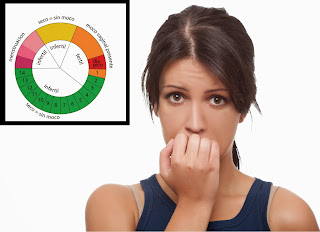A study was
made of 229 women between 18 and 35 years who did not have fertility problems
and also with a broad cultural and vocational levels. Result was almost
unanimous when it comes to the desire to have a child. 95% say they want to be
mothers in the future, regardless of your employment or training situation.
However, among college students, the situation changes, there is a tendency to
delay childbearing. "Women with higher education are twice as likely to
reach age 30 without children," said Desiree Garcia, an of the researchers
of the study in the Eugin Clinic in Barcelona, Spain.
In the area
of fertility, students do not have greater knowledge . The 49% do not know what
your most fertile days and the age range in which it is recommended to have a
child (between 20 and 25 years, according to the study). "When a woman is
young, the monthly probability of becoming pregnant is 15%, whereas more than
40 years, this is reduced to 5%," says Dr. Valérie Vernaeve, director of
the Eugin Clinic and co-author of the work. This research was presented at the
30th Annual Meeting of the European Society of Human Reproduction and
Embryology (ESHRE) in Munich, Germany.
For Dr.
Julio César Chacón Dueñas, Director of the Fertility Clinic PROCREAR, this
situation is even more complex because not only women ignore their fertile days
but there is also a total ignorance about assisted reproduction techniques.
"Couples come without adequate fertility centers information, they do not
ask details of treatment to follow. Many patients only rely on the treating
physician."
"This
is a problem that occurs worldwide and in countries where assisted reproduction
has greater scope. Patients has misconceptions, doubts and fears than rarely are discussed or clarifies by the
medical team and unfortunately this helps that in some Fertility Centers give
them false hopes of getting pregnant by giving misdiagnoses your problem of infertility
".

No hay comentarios.:
Publicar un comentario